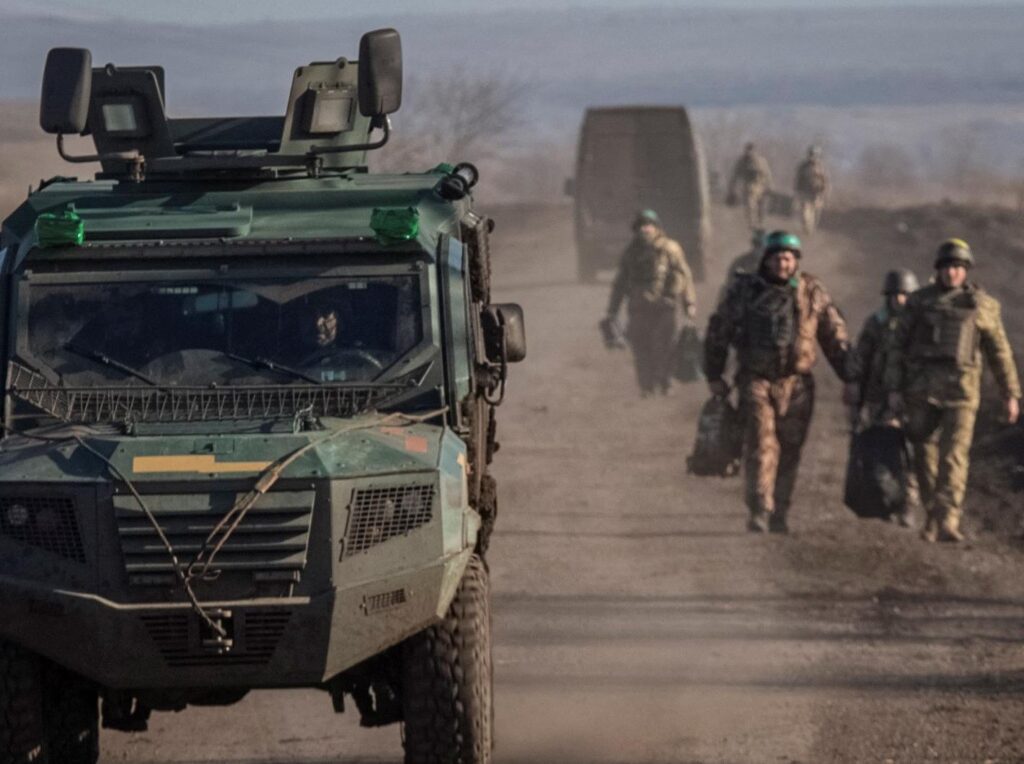War has always been a defining aspect of human history, and its psychological impact on individuals is a topic that has been extensively explored through military literature. Military literature, encompassing various genres such as fiction, non-fiction, memoirs, and poetry, provides unique insights into the psychological toll that war takes on those involved. Authors often vividly depict the chaos and terror of combat, as well as explore the lasting effects of violence and trauma on mental health. Through powerful works like Tim O’Brien’s “The Things They Carried” and Erich Maria Remarque’s “All Quiet on the Western Front,” military literature offers a raw and unflinching look at the human experience in wartime, highlighting themes of camaraderie, sacrifice, and resilience amidst the horrors of conflict.
War has been a constant presence in human history, shaping societies, economies, and individuals in profound ways. The psychological impact of war on those who participate in it, whether as soldiers or civilians, is a topic that has been explored in a variety of ways, including through military literature. Military literature encompasses a wide range of genres, including fiction, non-fiction, memoirs, and poetry, all of which provide unique insights into the experiences of those involved in war.
One of the primary ways in which military literature explores the psychological impact of war is through the depiction of combat itself. Authors often use vivid descriptions of battles, ambushes, and other violent encounters to convey the chaos and terror of war. Through these descriptions, readers are able to vicariously experience the fear, confusion, and adrenaline that accompany such events, gaining a deeper understanding of the toll that combat can take on the human psyche.
In addition to combat, military literature also delves into the aftermath of war, portraying the psychological scars that can linger long after the fighting has ended. Many works explore themes of post-traumatic stress disorder (PTSD), survivor’s guilt, and other mental health issues that can arise from exposure to violence and trauma. By depicting characters grappling with these issues, authors are able to shed light on the long-term psychological impact of war and the challenges faced by those who have experienced it firsthand.
One particularly powerful example of military literature that explores the psychological impact of war is Tim O’Brien’s “The Things They Carried.” Through a series of interconnected stories, O’Brien vividly portrays the experiences of a group of soldiers serving in the Vietnam War. The book delves into the emotional weight of war, from the physical burdens of carrying heavy equipment to the mental burdens of guilt, fear, and grief. O’Brien’s writing is haunting and evocative, offering a raw and unflinching portrayal of the toll that war can take on the human spirit.
Another notable work in the realm of military literature is Erich Maria Remarque’s “All Quiet on the Western Front.” This novel, which follows a group of German soldiers during World War I, explores the dehumanizing effects of war on individuals, stripping away the romanticized notions of glory and honor to reveal the brutal and senseless nature of conflict. Through the eyes of the protagonist, Paul Bäumer, readers are able to witness the psychological disintegration of a young man forced to confront the horrors of war on a daily basis.
Military literature also often touches on themes of camaraderie, loyalty, and sacrifice, highlighting the bonds that can form between individuals in the crucible of war. These relationships can provide a source of strength and support in the face of unimaginable hardship, but they can also be fraught with complexities and contradictions. By exploring the dynamics of these relationships, authors are able to paint a nuanced portrait of the human experience in wartime, showcasing the resilience and vulnerability of those caught up in the chaos of battle.
In conclusion, military literature offers a powerful lens through which to explore the psychological impact of war on individuals. By delving into the experiences of soldiers and civilians alike, authors are able to illuminate the complex emotions, thoughts, and behaviors that arise in the crucible of conflict. Through vivid descriptions of combat, nuanced portrayals of mental health issues, and poignant explorations of relationships, military literature provides valuable insights into the human costs of war and the ways in which individuals navigate its profound effects on their lives.
